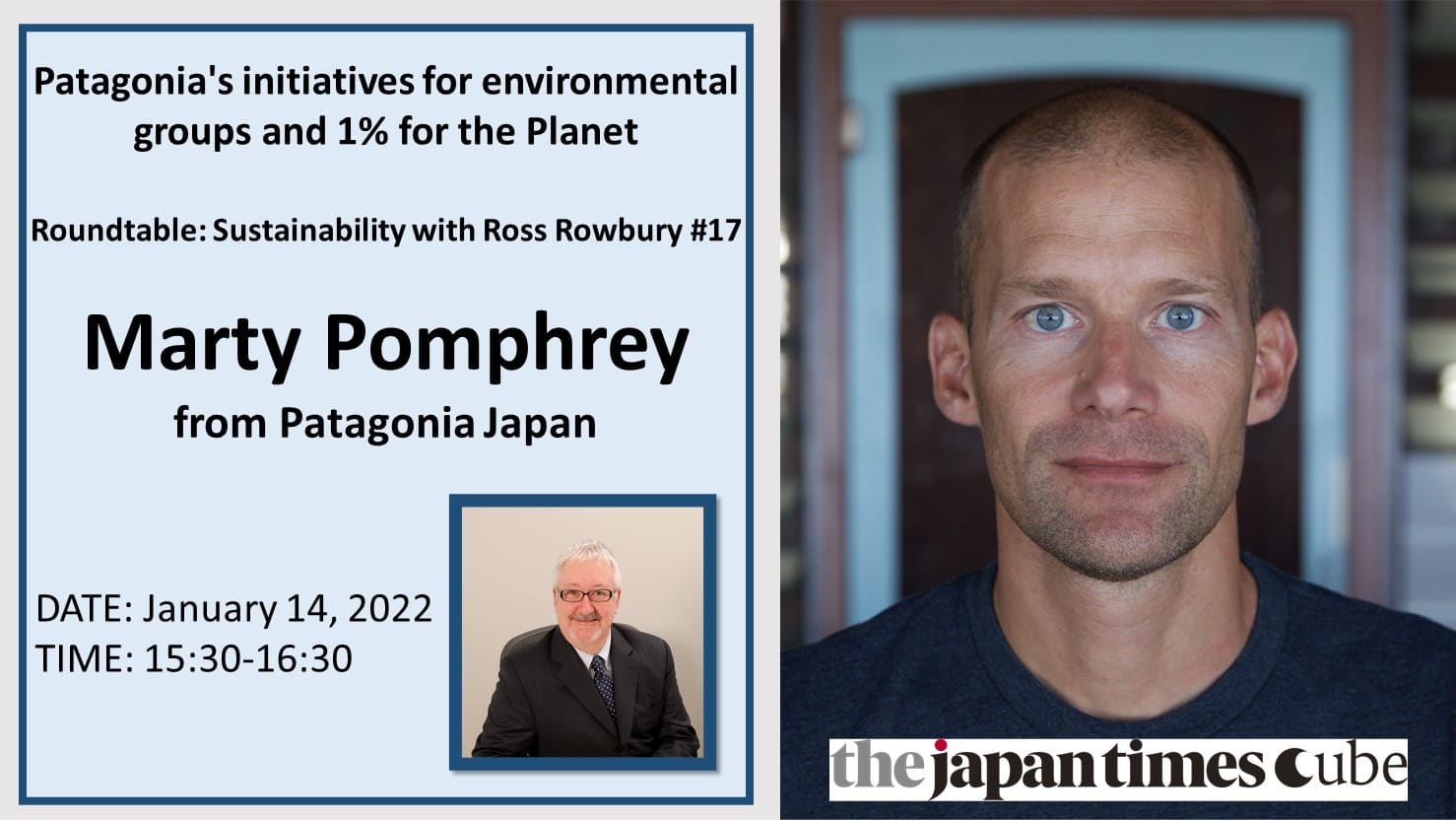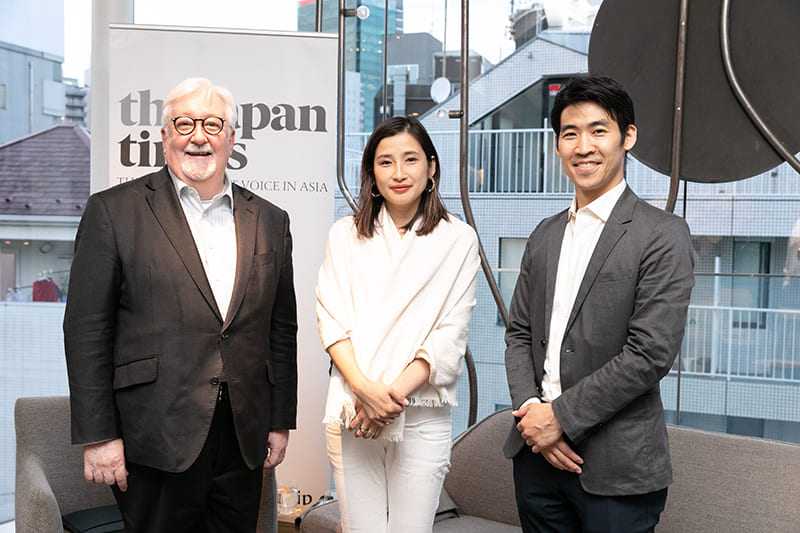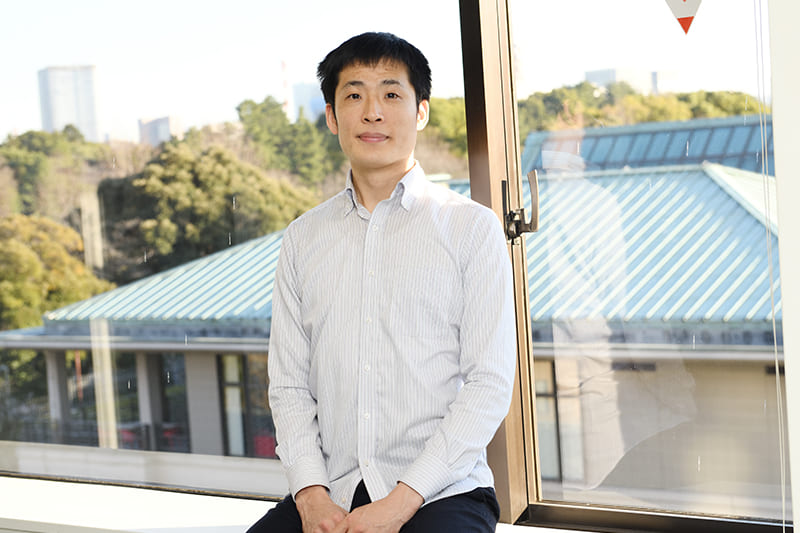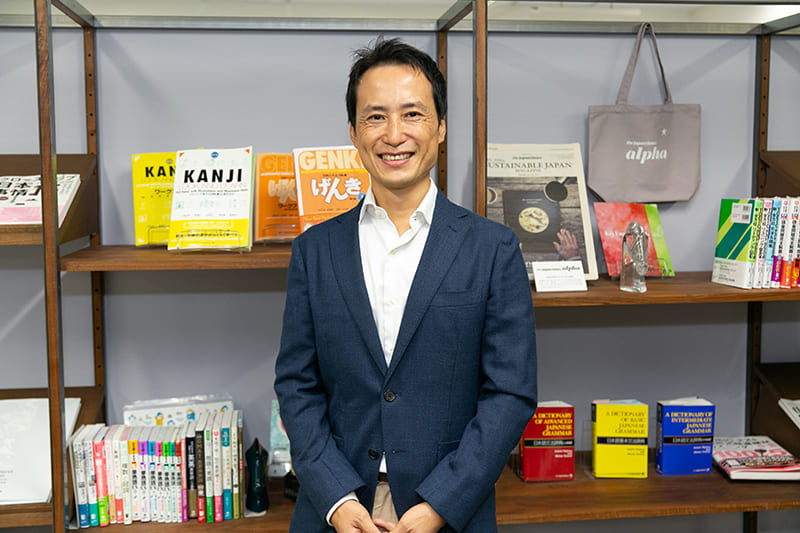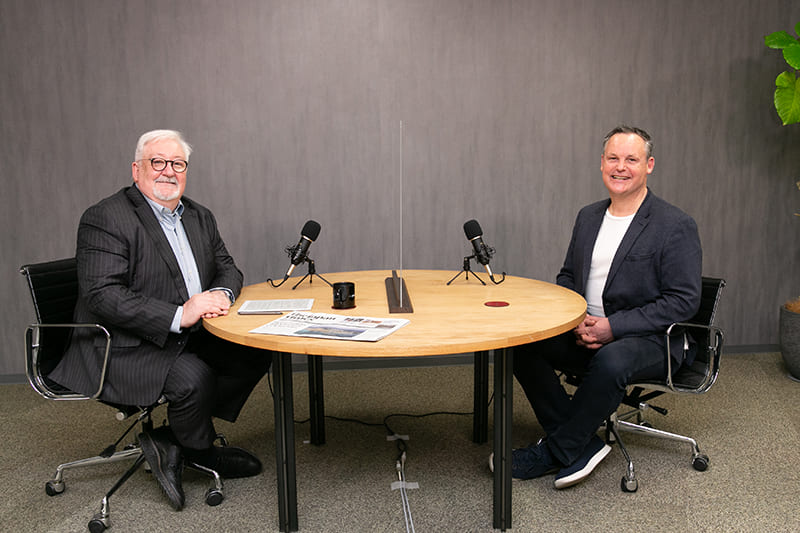March 18, 2022
Patagonia sets examples on food, farms and future
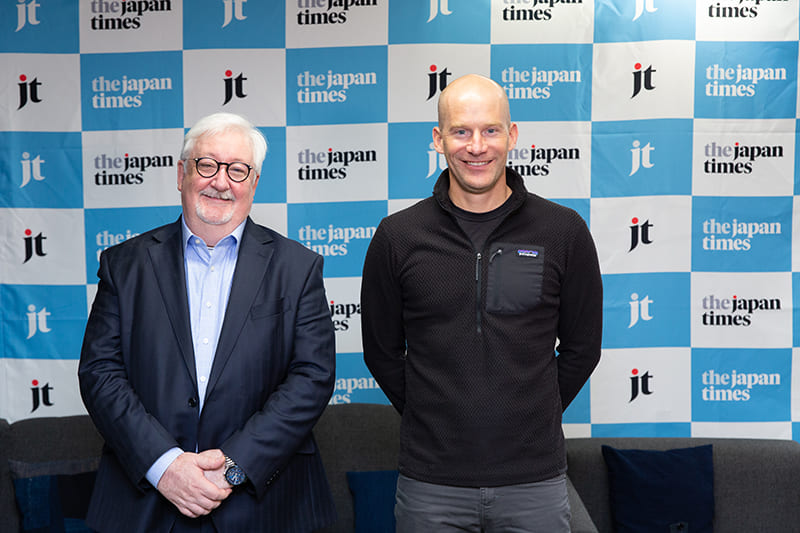
Sustainability presents a catch-22 for the business world. While shifting to renewable energy and removing environmentally harmful materials from supply chains are obvious steps, the need to retain profitability and stay financially solvent often precludes these steps from ever taking place. This is especially true in the apparel industry, where production of new clothing necessitates processes that are often inherently destructive to the environment.
So, what can apparel companies do to genuinely address sustainability? In the 17th iteration of the Japan Times Sustainability Roundtable, host Ross Rowbury sat down with Marty Pomphrey, general manager of the Japan branch of the American apparel retailer Patagonia, to discuss this challenge, as well the importance of organizational culture and long-term vision.
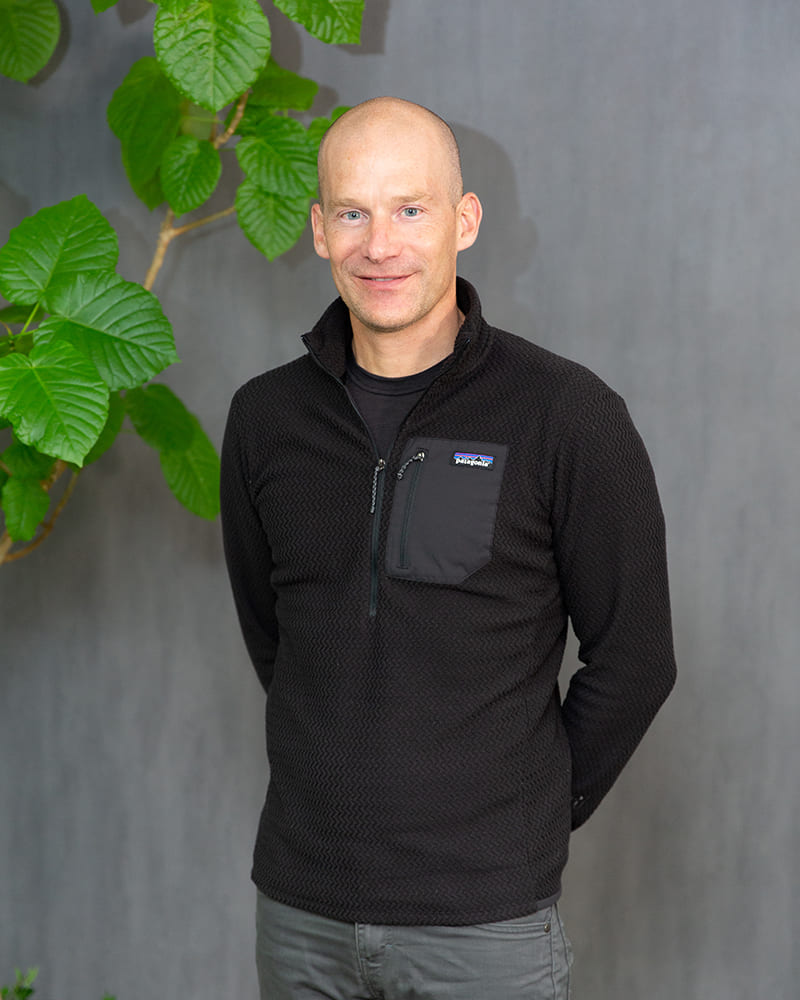
Pomphrey joined Patagonia as general manager of Patagonia Japan in 2019, following a prolific career as a corporate executive, consultant and entrepreneur. He first came to Japan in 1994 as a student at International Christian University and subsequently launched his professional career as an analyst at Nike Japan. He eventually returned to the U.S., where he engaged with numerous startups as an entrepreneur for around 15 years. “Looking at Japan through the eyes of a 20-something and [now] in my early 50s is a different experience, and it’s new,” he said. “I’ve always loved Japan.”
An avid surfer, Pomphrey is an outdoors person at heart, so working at the renowned outdoor apparel retailer had always been an attractive prospect. Pomphrey had also wanted to return to Japan, so when an acquaintance in Patagonia’s HR department reached out to inform him they were searching for a GM in Japan, it was as though the stars were aligned in his favor.
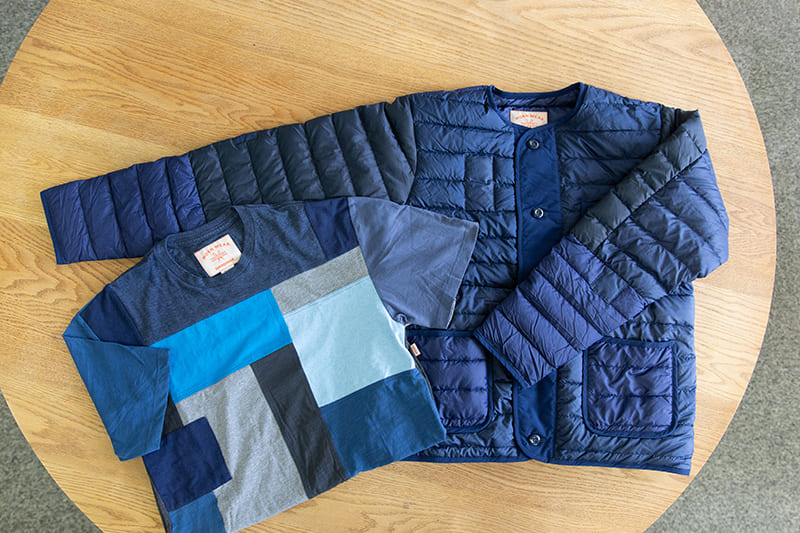
Pomphrey’s colleagues share his love for the outdoors and nature. Currently based in Kamakura, where Patagonia has a store, Pomphrey often goes to the beach to surf early in the morning. “If I go out at 6 a.m. to a local surf break, I’ll find five, six or seven employees,” he said. “Many of our employees live in the Shonan area, and we end up doing the same kinds of things.”
This intimate relationship with the environment is central to Patagonia’s organizational culture. According to Pomphrey, the apparel retailer’s mission statement, “We’re in business to save our home planet,” is reflected throughout the organization’s activities. In one of his first board meetings, Pomphrey recalled his surprise at the urgency expressed by executives regarding the need to eliminate harmful materials from their supply chain. “The board meetings are really focused on mission statement items rather than sales and profit,” he observed. “[In] the first board meeting I went to three years ago, for two days it was mostly about materials: ‘This is the worst material we have. How do we get it out of the supply chain?’ That was an eye-opener for me, because I had never been to meetings like that.”
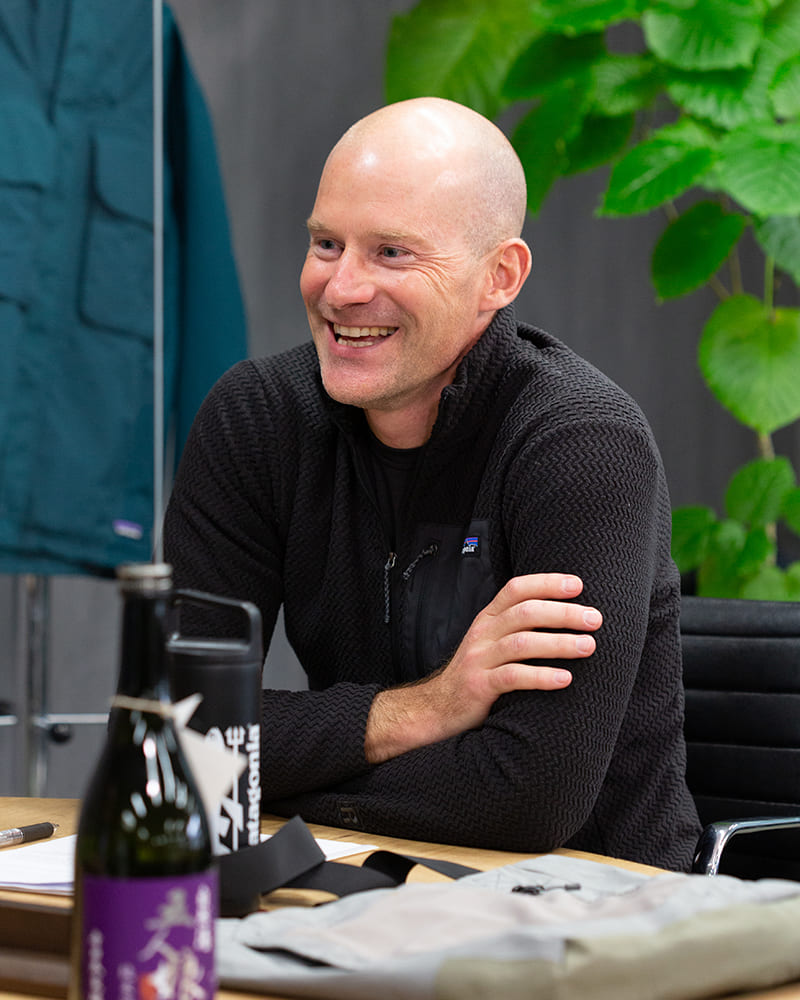
Despite Patagonia’s reputation as an apparel company, Pomphrey did not hesitate to address the elephant in the room: “Apparel is not a sustainable business. Apparel, by its nature, is damaging to the world. We hear a lot about sustainability, but there is no sustainability in apparel. It’s not good for the environment.” Instead of misleading consumers with catchphrases such as ‘sustainable apparel,’ Patagonia is focused on becoming what Pomphrey described as ‘responsible apparel,’ which entails removing environmentally harmful materials from its supply chains. “Around 90% of our greenhouse gas footprint is in our supply chain, which is materials. What we’re trying to do with apparel is get rid of any petroleum-based [materials]… and move towards recyclable [materials, such as] nylon.”
Patagonia’s founder, the 83-year-old Yvon Chouinard — who established the company in 1973 in Ventura, California — has a bold vision for the future of his company. “Our founder wants us to be bigger in food in the next 100 years than in apparel,” said Pomphrey. Launched in 2012, the company’s food business, known as Patagonia Provisions, centers on products that utilize Regenerative Organic agriculture, which prioritizes soil health and incorporates high standards for animal welfare and worker fairness. Some estimates suggest that, due to the destructive effects of commercial farming, the world’s topsoil could be completely depleted within 60 years. “Commercial farming, as it is today, is really damaging. The old way of 1- to 2-acre-plot farming, that’s really the best way of farming — animals are involved and you basically have an ecosystem,” Pomphrey said.
Taken aback by the bold vision of Patagonia’s founder to transition the majority of the company’s business to food products, Rowbury was reminded of Kiichiro Toyoda, the son of Toyota’s founder, who completely shifted the company’s business away from loom production toward automobiles. Considering the pressing need to address sustainability in the private sector, Rowbury highlighted the importance of businesses such as Patagonia in setting examples for other companies to follow. “Spending all those resources on moving to food in 100 years is probably doing more to save the home planet than all of us escaping to Mars,” Rowbury said with a laugh. “If a company like Starbucks decides to give up all plastic straws, that has an incredible impact around the world, and it’s companies like Patagonia that have shown the way and set an example for those really big players. It’s such a small thing, taking away plastic straws, but the impact is huge.”

Rather than simply impose standards in its supply chains, Patagonia is focused on cultivating community partnerships, Pomphrey said. One example is its partnership with sake brewery Terada Honke, which was founded in 1673 in Chiba Prefecture, to produce the sake Gonin Musume. “The history of the company was really important,” he noted, “and we really loved that they weren’t using pesticides or herbicides and were using yeast and fermentation in a way that are good for the environment.”
Patagonia is also invested in projects such as solar sharing as well as a buyback program with the startup Bureo, which works with fishing villages in South America to buy discarded fishing nets and transform them into recycled products. “I always tell our activism team that we want to be the wind, not the boat,” he said. “We want to create community partnerships. We don’t want to just be loud; we want to be effective.”

